Art and Culture
My Social-Media Suicide Note
“There’s no better time than now to delete.” (Position this one against a background of a man in canoe swimming away to a proxy of freedom.)
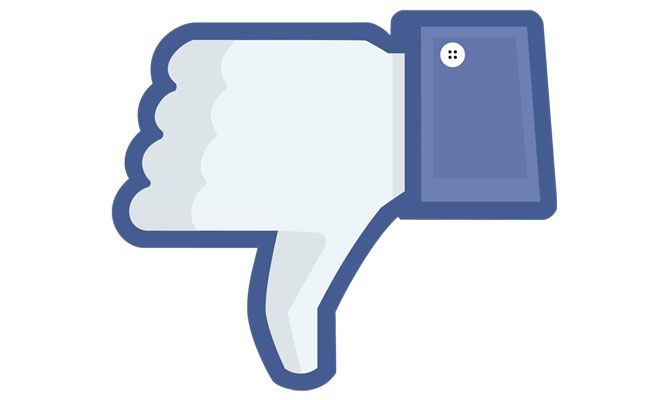
To Whom It May Concern:
I was already tired of your rants about food, bad-hair days, roommates, feeling too many feelings, the public transit, lost IKEA tools, TV shows, wives, husbands and children and, above all, Trump (that’s like ranting about having an asshole—we all have it). I was tired of your quirky disregard of punctuation and how it’s for the olds. Guys you don’t need it to understand what I’m trying to say, so here’s your nut graf – this is about Facebook death.
I was tired of the quizzes: What Kind of Pizza Are You?
And the Inspirational Quotes. “It’s during our darkest hours we must focus on the light” (—Aristotle, supposedly). Here’s mine: “There’s no better time than now to delete.” (Position this one against a background of a man in canoe swimming away to a proxy of freedom.)
Shares about yoga, running, god? Ugh.
“Funny” kid dialogues: no. (But I’ve done it myself, yeah.)
I read your high-brow discussions about postmodernism or grammar, out of my leftover Good-For-You homework sense of obligation. I didn’t go to the right schools to be able to join in and I don’t retain information easily. I rarely felt philistine-aggressive about it; I accepted that I didn’t have the membership.
On a positive note, I always looked at your baby pictures because I like babies. I will miss the baby pictures. I won’t miss twice-a-week updates on some of those babies.
I also never got sick of memes or videos of animals, or articles about octopuses or archaeological digs or stupid but cleverly funny reviews of your mundane experiences on the bus or your convos with grandma. On a serious note: I am also passionate about health policies, and Indigenous issues in my country and have a lot of educated friends who post about it—stuff that doesn’t even make it to mainstream media—so I liked to get my information that way.
I used to post status updates on Facebook that many people found interesting or funny, and sometimes I shared opinions, and it was a good place to feel socially connected during times of isolation (a new baby, illness). But about two years ago or so, I stopped posting about anything serious, though I still asked for recommendations, innocent stuff. Occasionally—an old reflex—I would post something of more substance but then delete quickly because Facebook became the place of who knows who is watching.
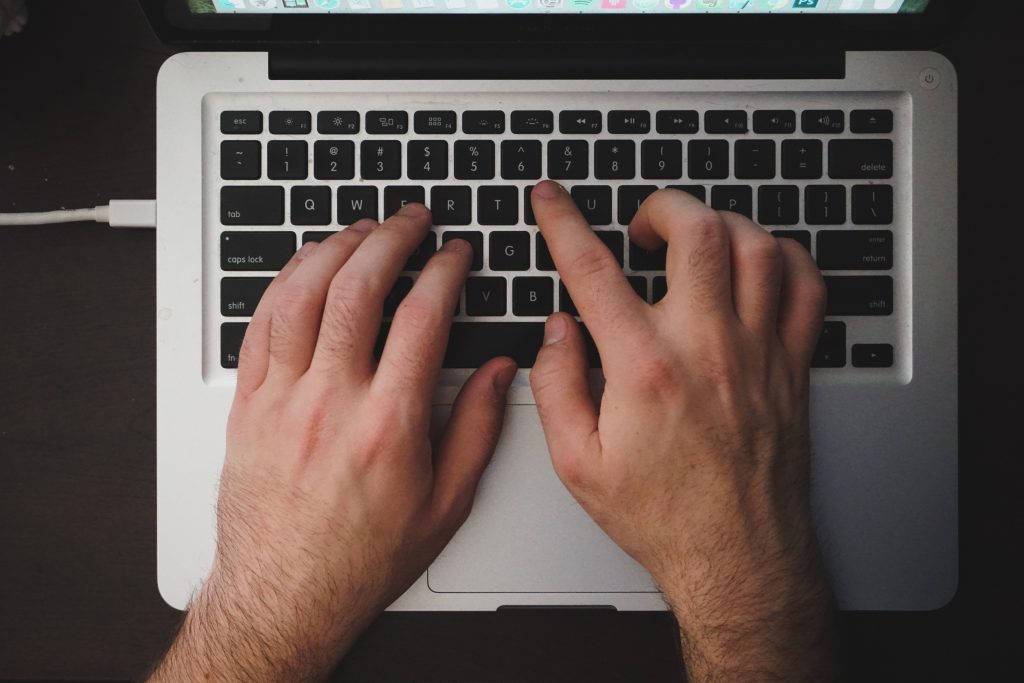
Despite my wariness, I kept logging in. Except that, increasingly, every time I logged in, it was as if I was an addict taking a hit I didn’t intend to take. As it is with addiction, first you have it, and then it has you. That aside, where in the past, Facebook served as a dumb distraction, or a way to connect with people I couldn’t see irl, and where arguing over vaccinations served as an easy way to weed out the dumb, for quite some time, having my kind of public opinion threatened my very livelihood.
I’m an artist. So for the past year or so, I mostly stayed quiet because I was waiting for grants I applied for and I had no idea who was in charge. I got the grants. I could be wrong but I think my silence paid off.
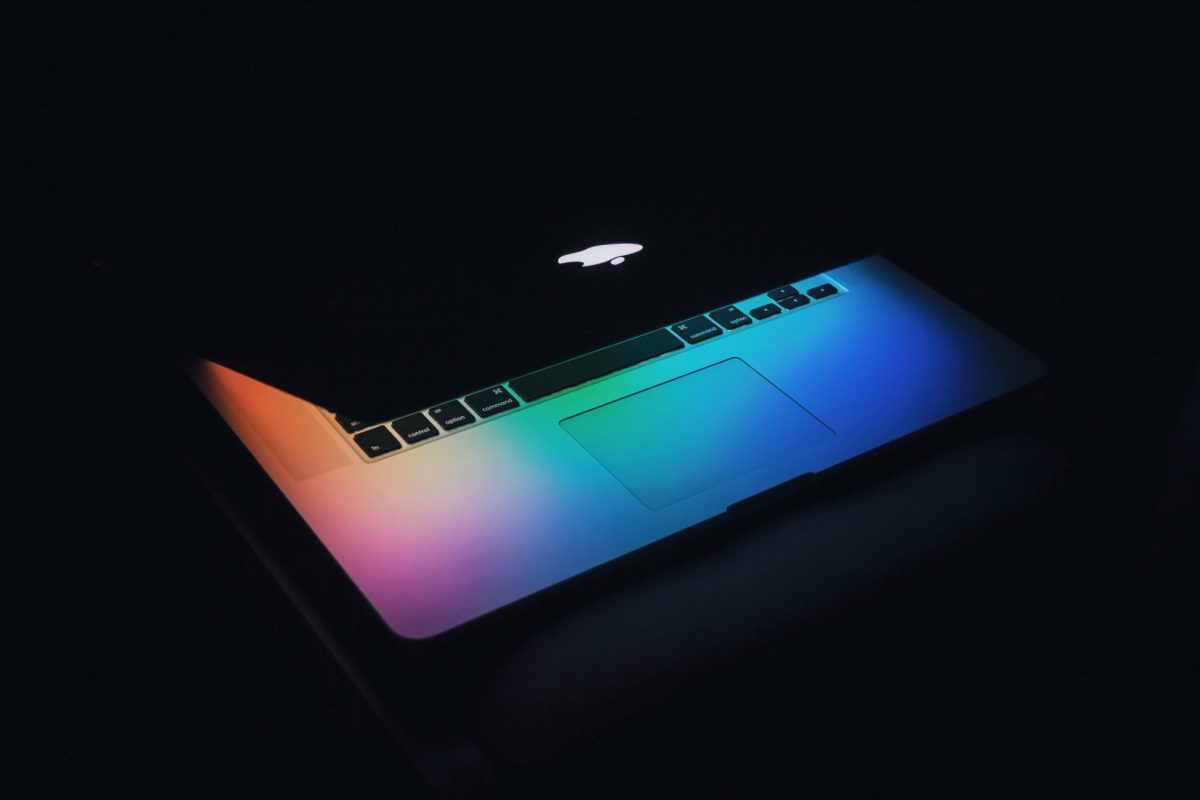
During my quiet time, I watched others’ Facebook fights—especially the chaotic, passionate ones between the budding social-media police who were still scrambling to decide which correct opinion was correcter or correctest. And, as mentioned, I still liked baby pics. And funny irrelevance. And some actual information I couldn’t get elsewhere. I would also, still, post links to my new artistic endeavours because my Facebook audience was large as I had always accepted friend requests from strangers—my only rule was that as long as we had more than 10 friends in common we were cool; it was a bit like throwing a house party and having your buddies bringing along their 10 buddies, come on in, everybody, hope you Like.
But then, possibly high on the success of getting my grants, I got into a few fights, which, naturally, one can never win because arguing—and trying to change someone’s mind—on Facebook is as effective as throwing your laptop out the window to show them. But there I was, disagreeing with the Correct-Opinion Police (let’s call them COP); even the Sheriff got involved and, I’m sure, screenshots were taken (screenshots are evidence you can present later to argue some more). My involvement was not at all like taunting the anti-vaccine cretins. It was self-harming because there could be real-life consequences. In my professional circle, COP is a powerful entity. They are the people in charge of money and blacklists. They know people who know people. The logic-driven ones talk about COP at dinner parties and via emails but not many are crazy/ brave/strong enough to take their pants off in the middle of the social-media lane and scream our own outrages. (Those of us who do, I suppose, write for this magazine or stay quiet but perhaps increase their daily alcohol intake.)
When I stepped into a few angry COP-monitored threads, it got ugly quickly. It was stupid of me—after all, I saw bigger dicks than mine get cut off. I followed the slow disappearance of many of my peers who did not have the correctest opinion—or worse, who were, in the beginning, somewhat antagonistic. But there I was, commenting away. After my lonely Don Quichotean gallop into garbage, I got private messages from a few other artists saying they supported me, but in public it was a pretty lonely fight. Actually, it wasn’t even a fight. There was no discussion; it was indeed just garbage and I trashed in it for a short while until a former friend (and now part of COP) said something scathing about my family that was private. Like COP were always threatening to (and doing so and posting to social media to dismantle whoever they attacked, and occasionally threatening and accusing him or her of ridiculous motives and sometimes, crimes), I myself took a few screenshots of my pathetic battles to show my future grandchildren what futile attempts at reasoning with the Unreasonable look like, and I started packing, downsizing.
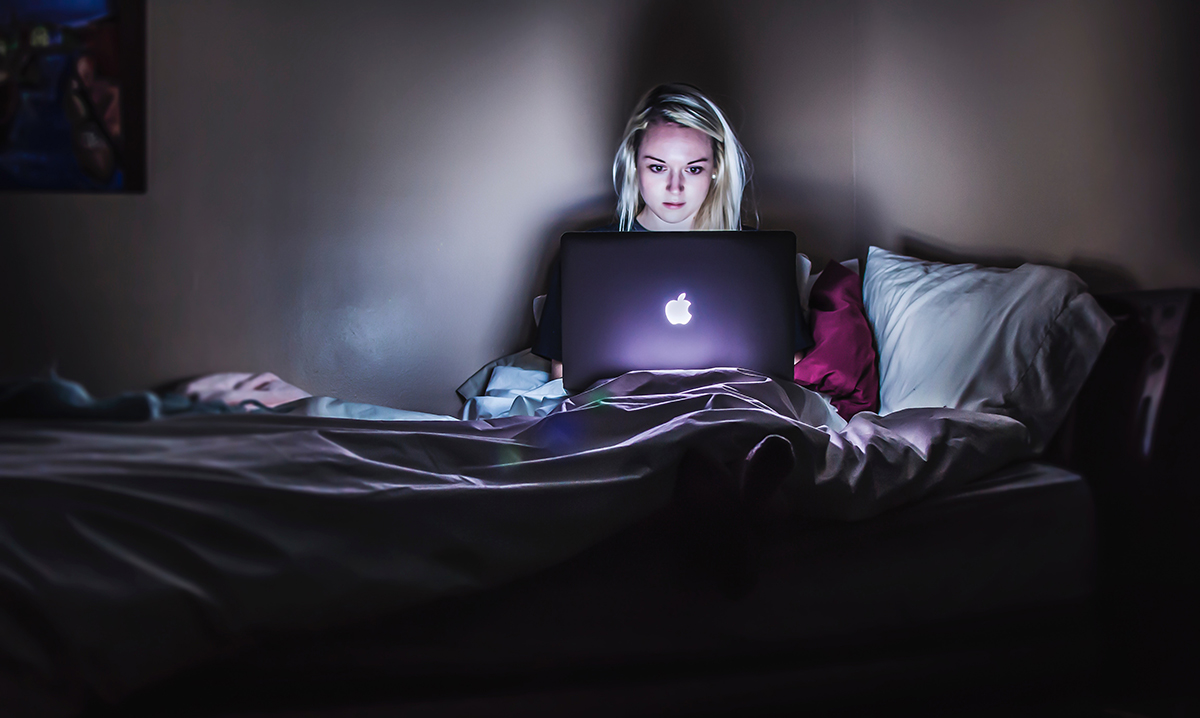
But downsizing was harder than I thought. I wanted to stay on Facebook but couldn’t erase my past—it mirrored life in that way. I never deleted my comments but I limited audiences, and got rid of all of my former status updates. I tightened privacy settings best I could.
There was one snag: I couldn’t delete the pictures that I had posted over the years. And there were enough of them to throw myself an online retrospective of all of my failings and successes. I mean, I could delete one at a time but I didn’t have a month to do it (I joined Facebook in 2007). More importantly, there were lots of pictures of my child and although I was successful in removing all of them you can, still, find my kid on Facebook, because other family members and friends have posted photos of her. I will deal with that in time. I will deal with it because my kid is now nine and had recently became very much aware of having photos of her posted online and she does not like it—did we ask her permission? No, and I wouldn’t like it either if you all could see a snapshot of me in a bathtub, nude, with my parents’ friends’ kid who was also nude and a total idiot, but our mothers thought it was cute to stage us in such pedophile-bait visual.
It was partly, due to my kid’s wishes, that I deleted my personal Instagram where there were many adorable—to me—pictures of her posted without her agreeing to it. Instagram, unlike Facebook, deals with digital suicides with less drama—one click and you’re erased. I am still on Instagram, I am not ready to disappear entirely. I still post pictures of my kid but only of the back of her head, walking away—there’s something mildly symbolic about that, her walking away from the spying iEye of a parent who can’t help himself.
With Facebook, the proverbial last straw was someone telling me that she had read my heartfelt-heartbreaking (embarrassing) discussion in a supposedly secret group for people dealing with traumatic experiences. I’m assuming that person joined the group too; I don’t have the energy to investigate how my sad outburst was leaked but the point is, it was mocked and I was dumbfounded. The next day, I requested to have my Facebook personal profile euthanized.
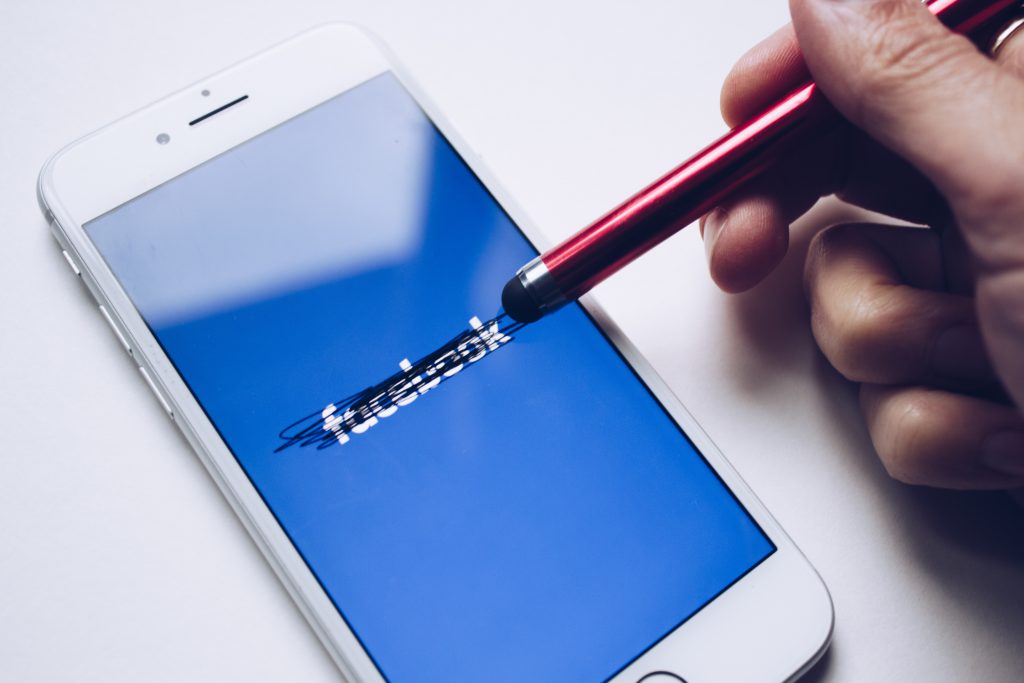
I had to get out, too bad about screenshots of my incorrect opinions that might’ve been taken and put on one or other COP blacklist, have them, fine, save it for the robots that might need some material to justify killing us in the future.
My road to freedom from Facebook was long and then short but it was in this short period of time that I was truly tested. You see, when you hit Delete, you are given two weeks to change your mind or—supposedly—you can never recover your profile. Those two weeks are a detox. If you’ve ever smoked, drank, compulsively ate macaroons, worked out like a bulimic, broke up with an incompatible but kind type, you know what it’s like to quit the wrong-for-you stuff. It hurts. It feels unfair. You will miss what you no longer can’t or shouldn’t put up with. But the best decision is a decision you stick to. After asking to delete, I got even angrier about Facebook—I got angrier that Facebook didn’t believe in my willpower—screw your two weeks. You think I can’t do it? Watch me. Anger is a good motivator. So I removed the F from my phone, my desktop—same as in the past, when I’ve deleted C’s number. Just a small action, but an action taken.
Taking down my personal Facebook profile gave me some illusion of freedom. The noise in my head lessened and my anxiety over COP instantly decreased. I had to to re-learn how to Google for recommendations and stop being lazy about doing my own research—I could no longer source-hive opinions on what is safer: train or a plane? And I told people I quit—so I became accountable to someone else other than myself. I immersed myself in a new interest to distract myself. I took a vacation. Literally.
I died on the 11th of July. Not entirely, unfortunately, as I have a Facebook business page, so I had to create a new personal account in order to administer this page, so, the truth is I am still on Facebook but I’ve only a few very close friends and I’m not accepting any new requests. All my photos are gone (in theory), my other, real and fake, 1458 friends and COP can’t see me anymore. My Facebook suicide has made me feel more in control and control was what I lost when I argued with the unarguable, and when I let you all into my house where you started puking in my sink and waiting for me to slip into incorrectness.
I also deleted my Twitter account. At the time of writing this, I have to wait 20 more days before that death is final. Fine.






